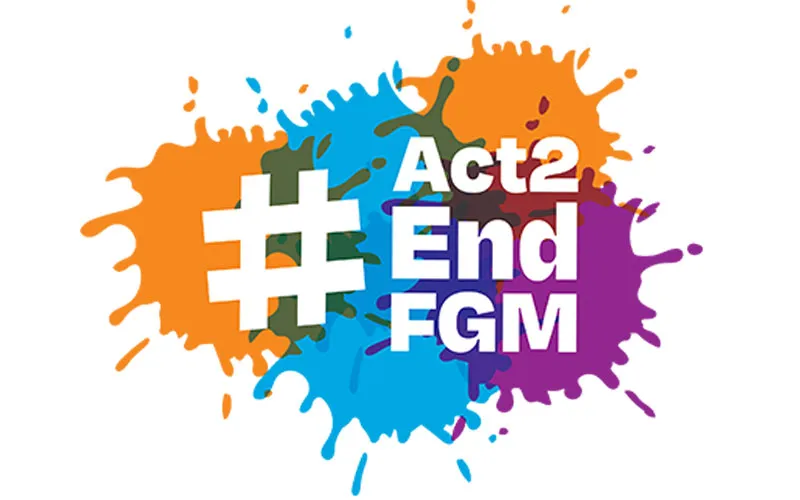Mogadishu, 08 February, 2021 / 9:00 pm (ACI Africa).
Catholic Bishops in Ireland have, in partnership with the leadership of the European Union (EU), launched a campaign against Sexual Gender Based Violence (SGBV) in Somalia.
Launched on the “International Day of Zero Tolerance for Female Genital Mutilation” (FGM) marked February 6, the initiative that involves the overseas development agency of the Catholic Bishops in Ireland, Trocaire, targets the people living in Belet Hawa and Luuq districts of the Gedo region in Somalia in the Catholic Diocese of Mogadishu.
Somalia is one of the countries with the highest prevalence of FGM among girls and women aged 15 to 49 at 98 percent, according to the United Nations (UN).
Dubbed “Facilitating Inclusive Rights Movements’ Actions in Communities to Combat Sexual and Gender Based Violence (FIRM ACTS),” the project is one of several initiatives that seek to address the “widespread issues” of SGBV and FGM in Somalia with funding from the EU, Trocaire officials say in their February 6 report obtained by ACI Africa.
The two-year project (2021-2022) funded through the European Initiative for Democracy and Human Rights aims at “creating a safe environment for women and girls, free from SGBV, while promoting access to their rights,” officials of the Catholic agency note.








